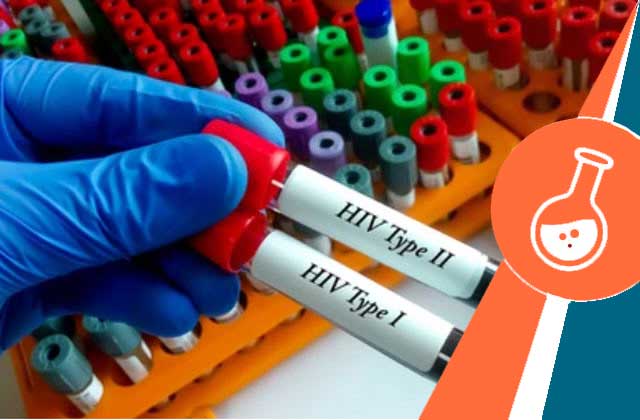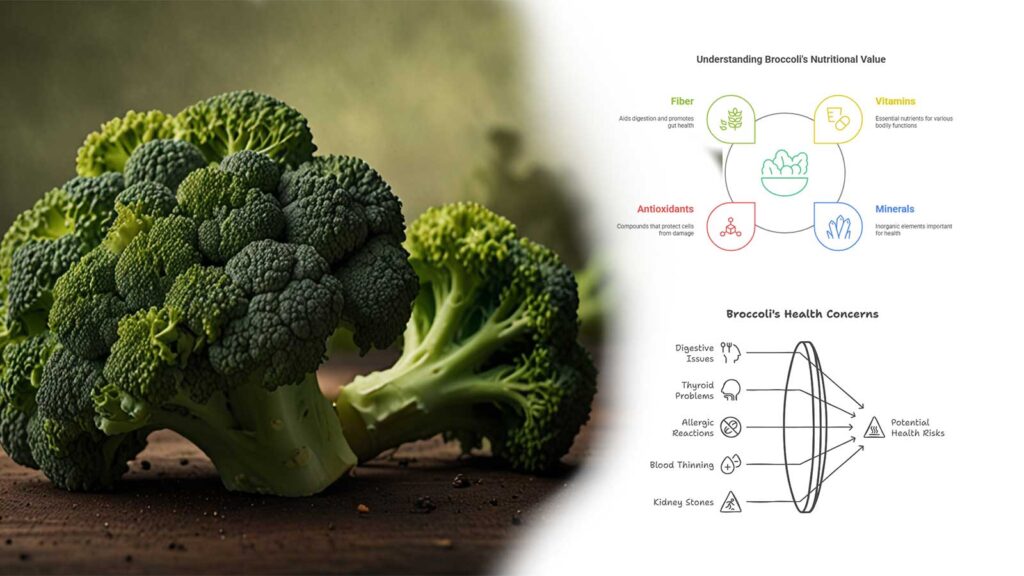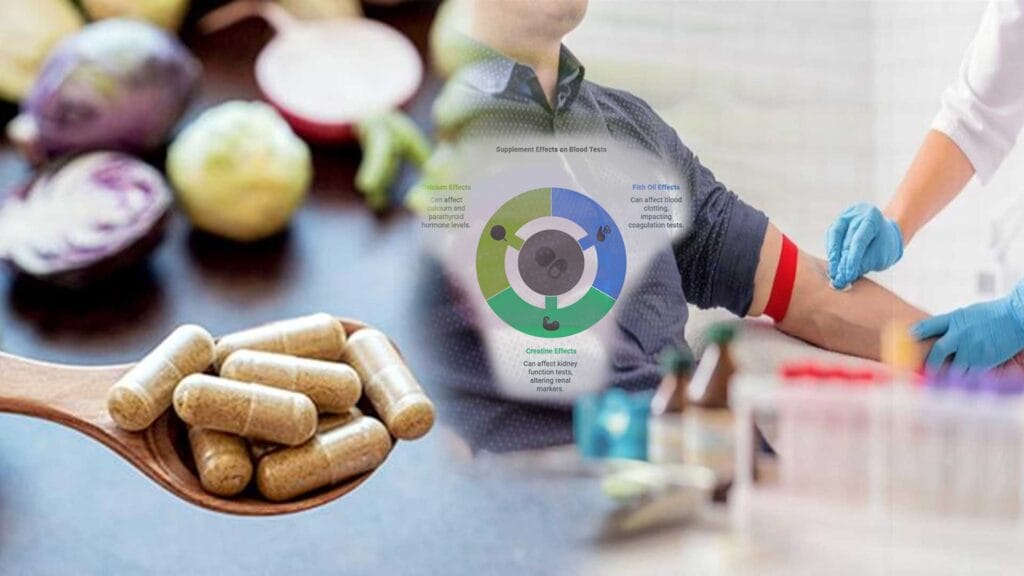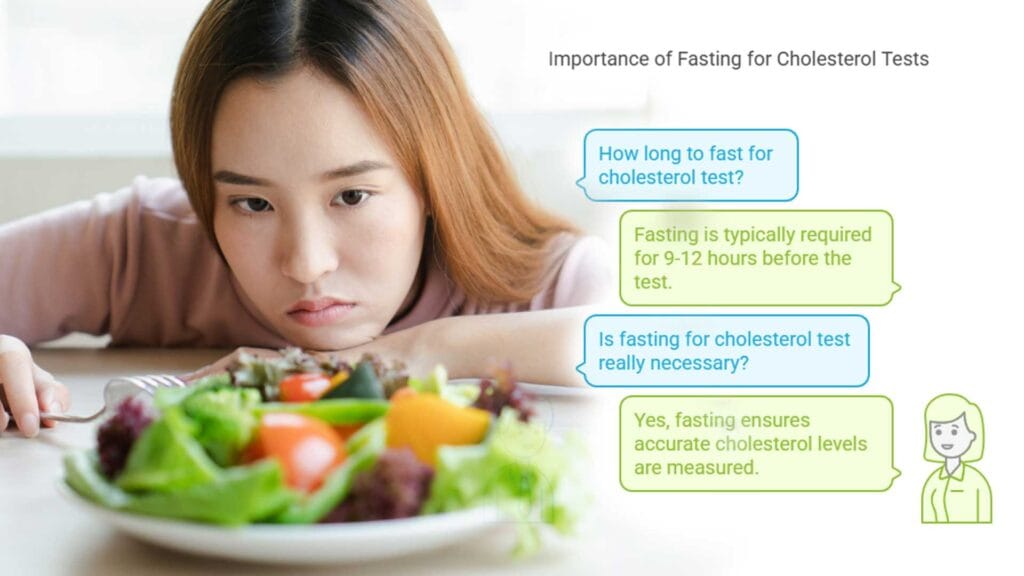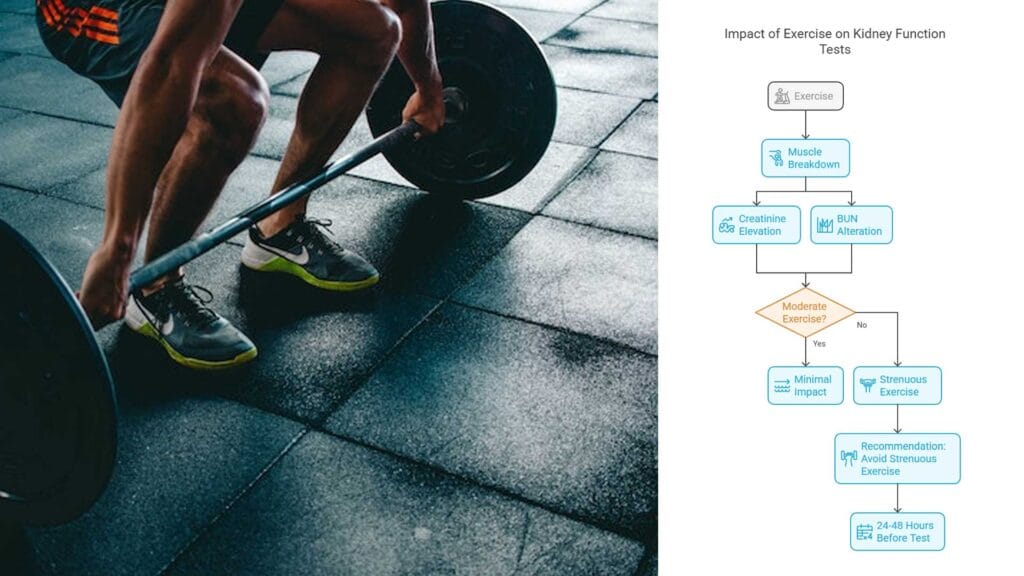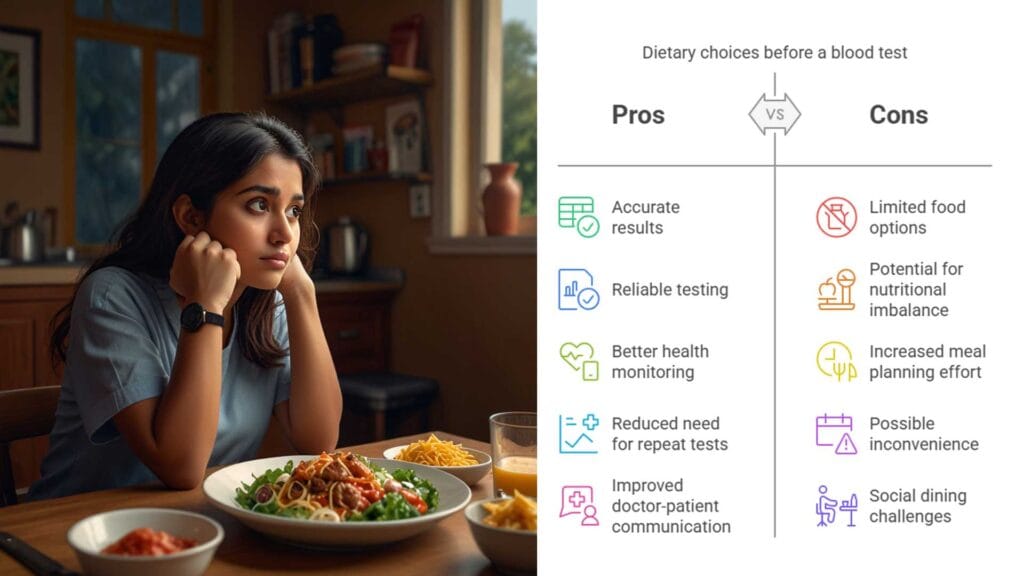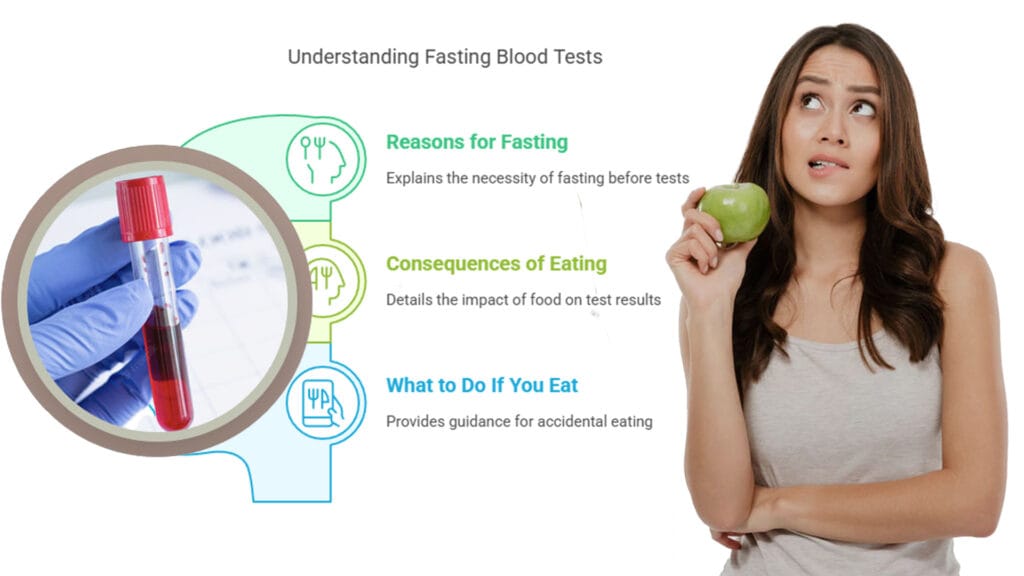About HIV 1 and 2 Rapid Antibody Test
The HIV 1 and 2 Rapid Antibody Test is a diagnostic test used to detect the presence of antibodies against HIV-1 and HIV-2 in a person’s blood, serum, or plasma. HIV-1 and HIV-2 are two different types of the human immunodeficiency virus that can cause acquired immunodeficiency syndrome (AIDS).
Conditions that may require HIV 1 and 2 Rapid Antibody Test
The HIV 1 and 2 Rapid Antibody Test may be recommended or performed in various situations, including:
- Routine screening: In some healthcare settings, routine HIV screening is recommended as part of standard healthcare services. This is particularly important in high-risk populations or areas with a high prevalence of HIV.
- Sexual exposure: If you have engaged in unprotected sexual intercourse (vaginal, anal, or oral) with a partner whose HIV status is unknown, or if you suspect that your partner may be HIV positive, getting tested is crucial.
- Injection drug use: Sharing needles or other drug paraphernalia with someone who has HIV can increase the risk of infection. If you have a history of injecting drugs or have been exposed to shared needles, it’s important to get tested.
- Occupational exposure: Healthcare workers, such as those who handle needles or come into contact with bodily fluids, may be at risk of occupational exposure to HIV. If an accidental needle stick or exposure to potentially infected blood or bodily fluids occurs, testing is necessary.
- Pre-pregnancy and prenatal care: It is recommended that all pregnant women undergo HIV testing as part of their prenatal care. Identifying HIV infection during pregnancy allows for appropriate interventions to prevent mother-to-child transmission.
- Blood transfusion: Although the risk of acquiring HIV through blood transfusion is extremely low in countries with stringent blood screening protocols, testing may be recommended if you received blood or blood products prior to the implementation of these protocols.
- Symptoms of HIV: If you experience symptoms that could be related to an HIV infection, such as unexplained weight loss, persistent fever, night sweats, fatigue, or swollen lymph nodes, your healthcare provider may recommend an HIV test.
- Partner notification: If your sexual partner has been diagnosed with HIV, it is important to get tested to know your own status and seek appropriate medical care.
HIV 1 and 2 Rapid Antibody Test Procedure
The test usually requires a small blood sample, which is commonly obtained through a finger prick or arm. The healthcare provider or testing personnel will clean the area with an alcohol swab, and then use a lancet or a small needle to draw a drop of blood.
Interpreting HIV 1 and 2 Rapid Antibody Test Results
Rapid antibody test has a window period, which is the time between HIV infection and when the test can reliably detect antibodies. During this window period, the test may produce false-negative results because the antibodies haven’t developed enough to be detectable. It is generally recommended to wait at least three months after a potential exposure to HIV before getting tested to ensure accurate results.If the rapid antibody test indicates a positive result, it is followed by additional confirmatory testing, such as a Western blot or an HIV RNA test, to confirm the diagnosis. These confirmatory tests are more specific and can distinguish between HIV-1 and HIV-2.
More Related Tests
Why To Book with HealthCareOnTime

17 Crores+ Samples Processed

World Class Technology Labs

25+ Years of Trust & Experience

Free Home Collection
FAQs Around Rapid HIV 1 and 2 Test
How much does HIV 1 and 2 Rapid Antibody Test cost?
The HIV 1 and 2 Rapid Antibody Test cost is Rs.300, although it is now available for Rs.225 because of the offer.

